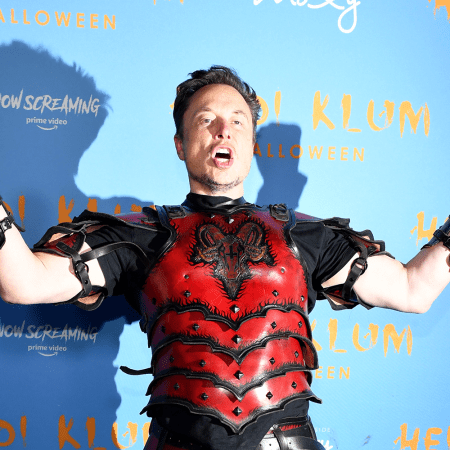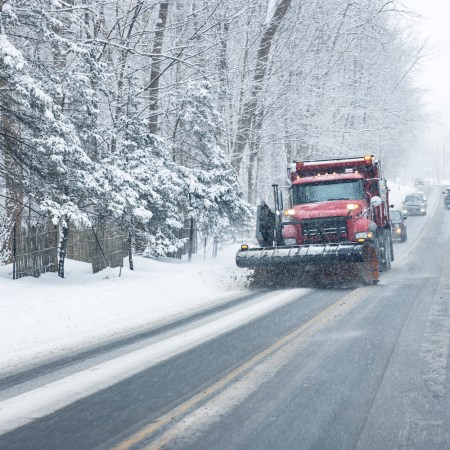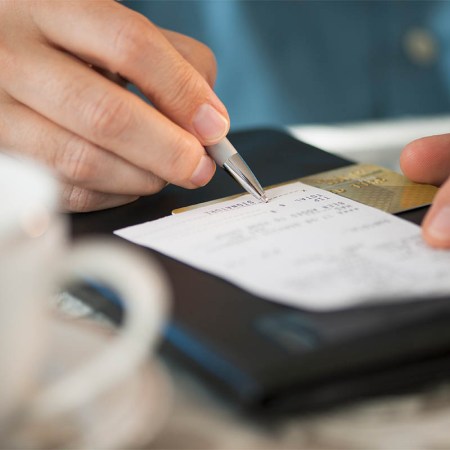Plenty of writing during the pandemic has speculated about what society might look like once COVID-19 is under control — either through a vaccine or some other method. What will restaurants, moviegoing and sporting events be like? How will people date? These speculations can prompt responses from a number of disciplines, from science to history.
For all that social activities have come under the microscope — both metaphorically and literally — there’s one that’s come under a prodigious amount of scrutiny. That would be the time-honored tradition of shaking hands. Will it soon become the obsolete tradition of shaking hands? Will touching elbows or the fist jab take its place in the years to come?
Based on an analysis of similar moments in history by Devon Pendleton at Bloomberg, handshake partisans have little to fear. Pendleton explores the ebbs and flows of kissing throughout history, and notes that it’s vacillated in popularity at various times — including a ban on it over concerns about the bubonic plague.
Pendleton writes that handshakes were traditionally a gesture of trust, and that the possibility of germs being spread is included in that:
Above all, [the handshake] was a symbol of trust. An extended hand shows that not only is a stranger worth greeting, he’s also worth swapping germs with, according to a 2013 theory outlined by London School of Hygiene behavioral scientist Val Curtis.
Pendleton also shares the experience of using handshakes as a way to get a sense of someone’s personality — a not uncommon practice, and another reason to bet that the handshake will be back before too long.
Subscribe here for our free daily newsletter.
Thanks for reading InsideHook. Sign up for our daily newsletter and be in the know.


















